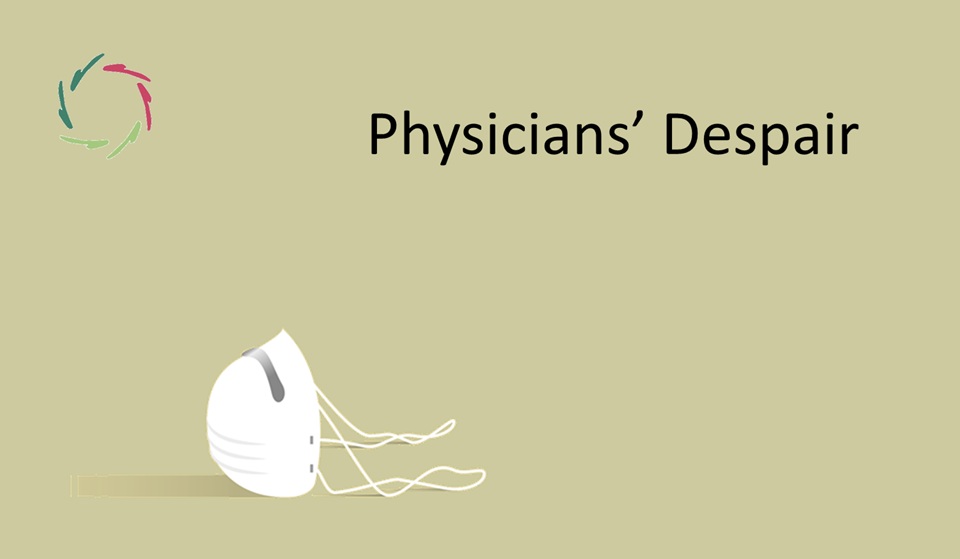How to Take Your Painkiller – Mindfully

The placebo effect of painkillers is high. Moreover, you can enhance it for yourself.
Note that a psychological effect is of course as real as any other!
The placebo effect of painkillers generally amounts to half the experienced effect. Thus of the diminishment in pain, half is pharmacological, half psychological. This is true for an aspirin, and surprisingly also for an injection of morphine. The ratio stays the same because a potent painkiller also brings a bigger placebo effect.
This shows that the placebo effect is huge and can be hugely influenced.
Generally, the bigger your belief in the strength of a placebo, the bigger the effect. However, a placebo diminishes the belief that you are the active agent. Conversely, your belief in yourself would diminish your belief in the placebo. There is a trade-off.
You need to believe in a lie in order for the lie to ‘actively help you.’
Does that sound right?
Not to me.
Now the good news. Since the placebo effect originates within you, within you there is a solution. You can attain this through the use of an open communication towards inside. This is what I call ‘auto-suggestion.’ It is an open alternative to the placebo-lie. Anyway, not the lie is active but the communication, of which the placebo lie is one form.
An open use of your own imagination is another form of communication to inside.
When taking a painkiller, first tell yourself that placebo proves the pain diminishing power of yourself. Then imagine how the painkiller dissolves in your stomach, then in your whole body. Imagine how it reaches the painful region in your body. Give attention to your pain in a gentle way. It’s, at least momentarily, not your enemy. It reacts to the painkiller not as to a weapon, but more like a visiting friend. Relax the painful region. Let the pain ‘relax’ together with that region. Specifically say to yourself that you are the active agent in this now. You don’t need any lie. YOU are doing this. You are using the pharmacological effect of the medication as an indication, telling your ‘deeper self’ in which direction you want to go further:
Less pain, more control.
You can do this when taking the medication and also a bit later, even when the pain is much less. Remind yourself that this is a communication, not a direct pain-killing. The goal of the communication is to ready yourself at present and in the future, towards a pain relief that openly originates within yourself.


